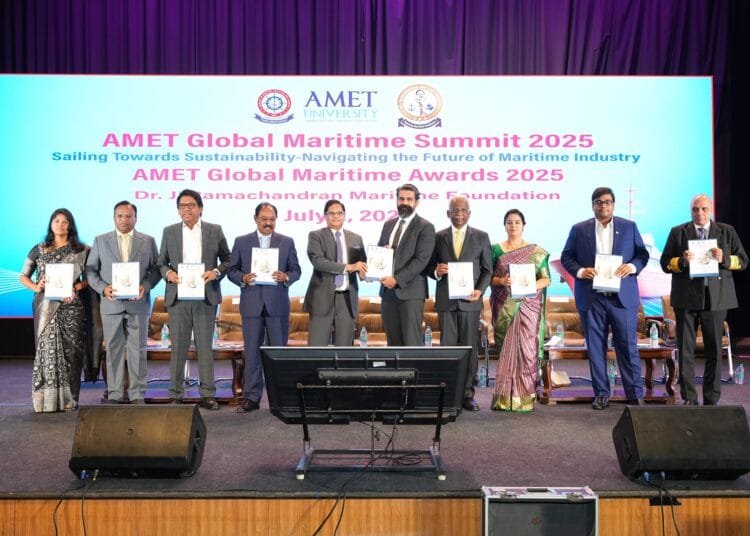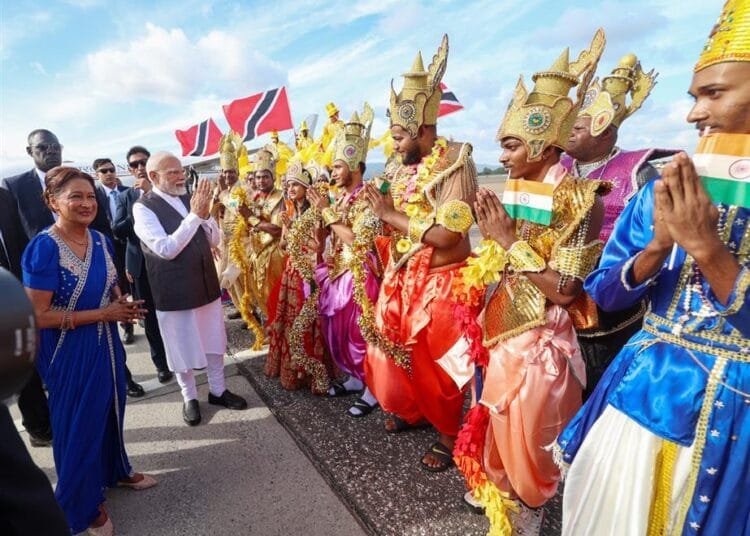Open for more trade

India must make a “strategic decision” to encourage interdependence, more openness and a more trade-based economy for its trade to grow, Prime Minister Lee Hsien Loong has said.
Lee noted that India was not as open for business as investors hope, with land acquisition, over-regulation and legal hassles among the biggest bottlenecks.
India’s economic growth rate has increased because it was prepared to open up the economy, loosen government control, enable investments and encourage entrepreneurship.
“But you have to allow other countries to operate in India too. It cannot be a one-way exercise,” Lee said in an interview with The Hindu, an Indian daily newspaper.
Media reports said a Singapore consortium’s plans to build a new state capital city for Andhra Pradesh was put on hold following a court case
A local builder has filed a case against the appointment of the Ascendas-Singbridge and Sembcorp consortium which had planned to develop 6.84 square kilometres of the capital’s core area as a “smart city” named Amaravati.
The case by the developer is set to be heard on Oct 31 at the Hyderabad High Court, according to a report by The Hindu.
Lee said that Singapore was still hopeful of the project (Amaravati) going through.
“We hope we get the contract and we will be able to help and show what we can do,” Lee told The Hindu.
He added that the politicising of land issues in India hindering developments were “important issues that must be addressed”.
“If you look at the Singapore projects, we wanted to do industrial parks. They have taken very long to clear the issues of land and these become politicised and you can’t settle it, and eventually the project languishes and nothing happens,” he said.
Lee, however, noted that India’s bureaucracy had changed in terms of “will” and “direction” in the past few years. “I think Mr Modi is trying very hard to change the ethos of the bureaucracy, and I wish him all success with that,” he added.
Speaking during official visit Oct 4-7, Lee also cautioned India over withdrawing its tax exemption on capital gains, saying it could hurt the South Asian country and affect its attractiveness to investors from Singapore.
India is looking at removing the tax exemption given to Singapore after it withdrew a similar facility to Mauritius recently to prevent Indian companies routing cash there to avoid paying taxes in a practice known as round tripping.
A 2006 tax treaty between India and Singapore had a provision that any changes in the Mauritius treaty would automatically apply to the one with Singapore.
Lee told The Hindu that Singapore was different from Mauritius and was careful to ensure there was no hot money or black money funneled through it. And India had over SG$100 billion in a wide range of investments from Singapore over the last decade.
“We have actually built up a flow of bona fide good investments into India which is very substantial, and there is a whole community of professionals who are managing this out of Singapore,” The Straits Times quoted Lee as saying during an interview with Singapore media October 6. fii-news.com









